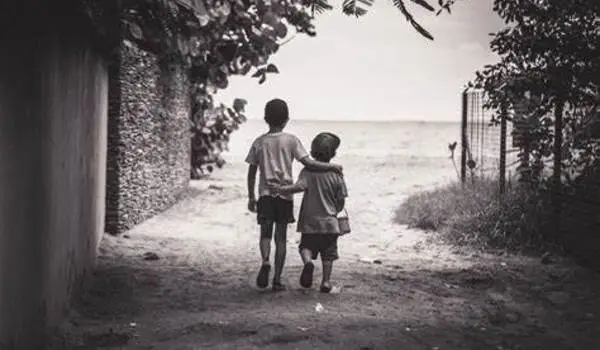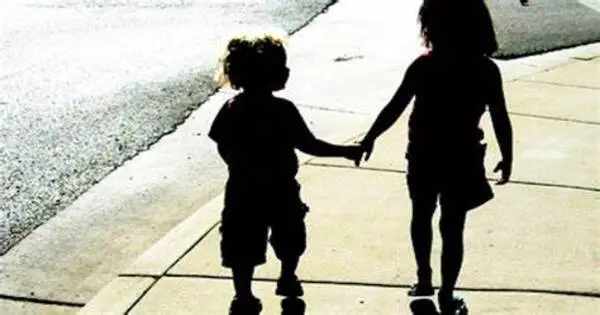Teens from larger families have worse mental health than those with fewer siblings, according to a large study of youngsters in the United States and China. The pattern’s features vary depending on factors such as the sibling age gap and the siblings’ age. However, the fact that the overall trend was seen in both countries is significant, according to Doug Downey, the study’s lead author and a professor of sociology at Ohio State.
“Our results couldn’t have been easily predicted before we did the study,” Downey stated in a press release. “Other studies have shown that having more siblings is associated with some positive effects, so our results were not a given.”
Downey collaborated on the work with Rui Cao, a doctorate student in sociology at Ohio State. Their findings were recently published in The Journal of Family Issues. Their Chinese research is based on more than 9,400 eighth-grade students from the China Education Panel Study. In the United States, they examined nearly 9,100 eighth-grade students from the Early Childhood Longitudinal Study — Kindergarten Cohort of 1988.
Our results couldn’t have been easily predicted before we did the study. Other studies have shown that having more siblings is associated with some positive effects, so our results were not a given.
Doug Downey
The average youth in China has nearly .7 fewer siblings than the average American youth (.89 compared to 1.6). Consistent with what was expected because of China’s One Child Policy, about one-third of Chinese children are only children (34%), compared to just 12.6% of American children.
In both countries, researchers asked students (average age of 14) a variety of questions about their mental health, although the questions were different in China and the United States. In China, teens with no siblings showed the best mental health, while in the United States, those with no or one sibling had similar mental health. Some issues could only be analyzed using the U.S. data.
Results in the U.S. showed that half and full siblings are both linked to poorer mental health. And having older siblings and siblings closely spaced in age tended to have the worst impacts on well-being, the U.S. data found. Siblings born within one year of each other had the strongest negative association with mental health.

Why are more siblings linked with poorer mental health?
Downey said the overall findings fits with the “resource dilution” explanation.
“If you think of parental resources like a pie, one child means that they get all the pie — all the attention and resources of the parents,” he went on to say. “But when you add more siblings, each child gets fewer resources and attention from the parents, and that may have an impact on their mental health.”
The fact that closely spaced siblings have the biggest harmful influence supports this explanation. Children of similar ages will compete for the same parental resources, he said. Another theory is that families with many vs few children differ in other ways that may negatively impact their children’s mental health (the so-called selectivity explanation).
The differences between China and the U.S. do provide some support for the selectivity explanation. In each country, children from families associated with the most socioeconomic advantage had the best mental health.
In China, that was children in one-child families, while in the U.S. it was children with zero or one sibling. But the overall results still suggest that selectivity explanation falls short in accounting for what is happening.
“What we found is that when you add all the evidence up, the effect of siblings on mental health is more on the negative side than the positive side,” Downey said.
Downey emphasized that the data did not address the quality of sibling relationships. Higher-quality sibling connections are likely to benefit youngsters and improve their mental health.
While this study found a negative influence of siblings, other research has found that having more brothers and sisters is related with improved social skills in kindergarteners and a lower risk of divorce in adults.
“The combination of outcomes is difficult to explain. “We still need to learn more about the impact of siblings,” Downey added. “This is especially significant today that the United States and other countries have decreased fertility rates. Understanding the repercussions of growing up with fewer or no brothers and sisters is a developing social concern.
















